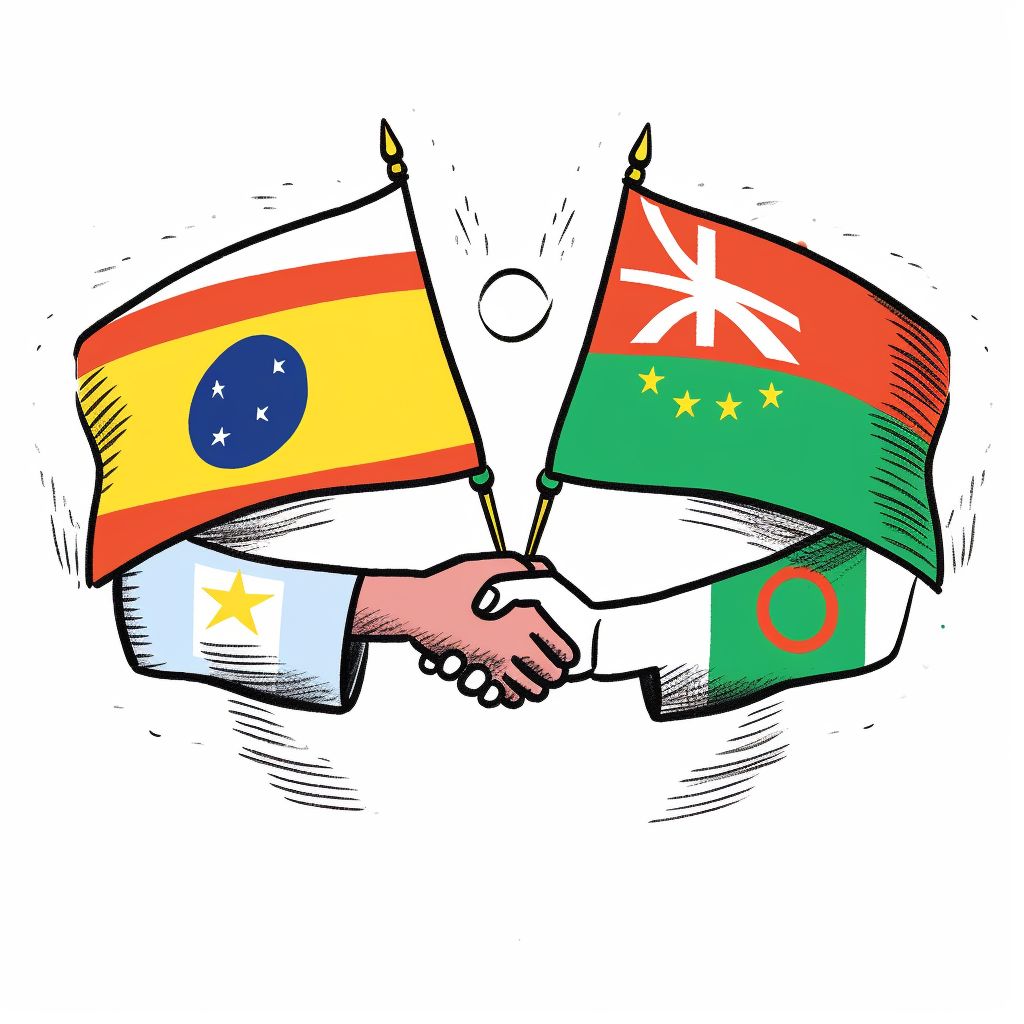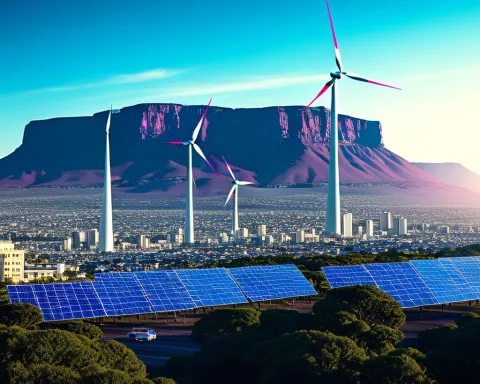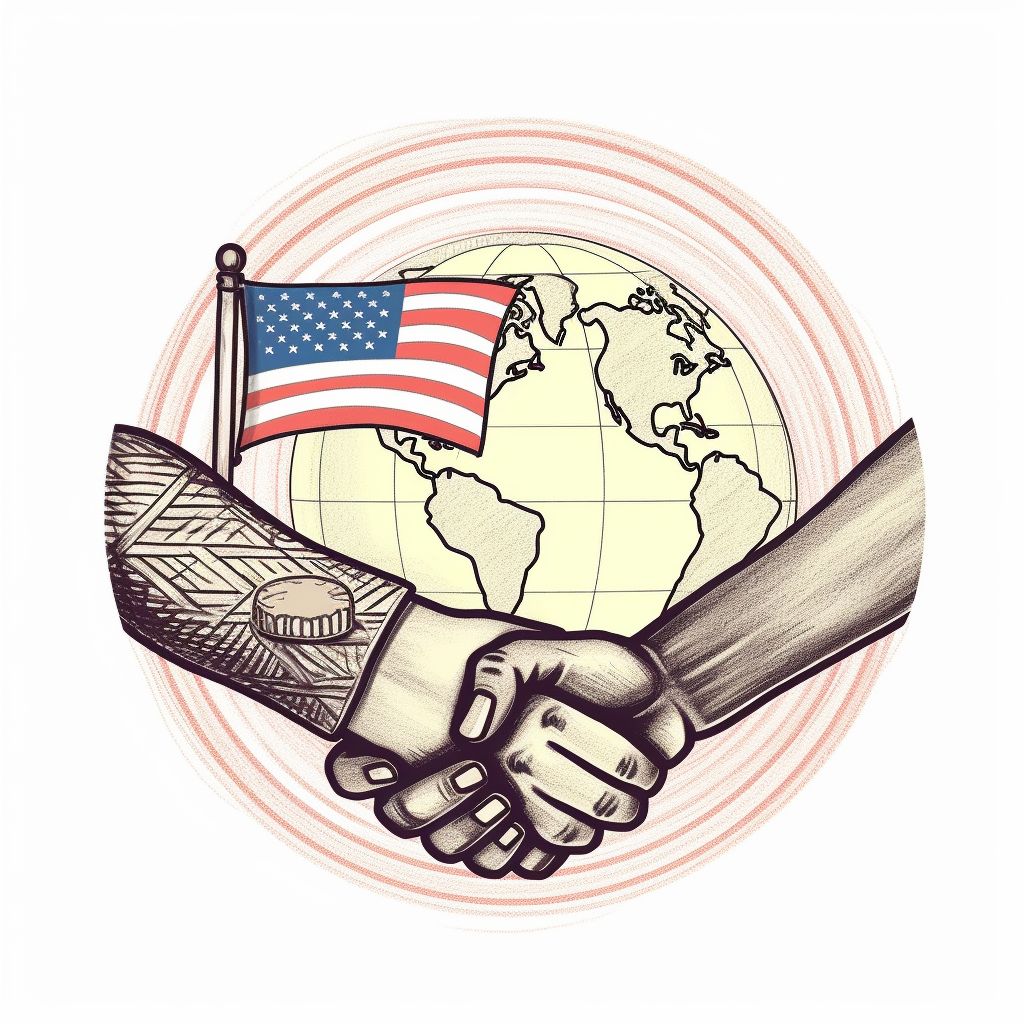The BRICS nations, comprising Brazil, Russia, India, China, and South Africa, have made significant progress in recent years. However, with the rapidly evolving geopolitical landscape, it is crucial for these countries to demonstrate unity, solidarity, and camaraderie. The Second Employment Working Group (EWG) meeting concluded with Thobile Lamati, Director-General of the Department of Employment and Labour, emphasizing the need for member states to leverage their collective power in multilateral forums to advance common interests and protect their positions.
Ensuring Decent Work, Dignity, and Respect for all
The four-day session, themed “Ensuring Decent Work, Dignity, and Respect for all,” saw the South African Presidency putting forth four priorities for discussion:
- Building sustainable enterprises, innovation, and enhancing productivity;
- Promoting labor rights at work and reducing decent work deficits;
- Universal access to social protection and ensuring a minimum basic income grant;
- Promoting decent work and closing the skills gap in the informal economy.
BRICS-wide Productivity Ecosystem for Decent Work
A noteworthy development from the meeting was the South African Presidency proposing a BRICS-wide Productivity Ecosystem for Decent Work, which received unanimous support from member countries. The EWG endorsed the plan aiming to stimulate economic growth, facilitate the development of sustainable enterprises, create jobs, and reduce poverty. The project seeks to deepen cooperation and trade relations within the BRICS bloc, as well as establish bankable projects acceptable to the New Development Bank.
Continuous Dialogue and Sharing of Best Practices
To achieve the goals of ensuring decent work, dignity, and respect for all, the BRICS nations must engage in continuous dialogue and share best practices on labor and employment issues. By doing so, they can identify common ground, formulate effective strategies, and develop a better understanding of the challenges faced by each nation.
Promoting Skills Development and Vocational Training
The global economy’s shift towards automation and digitization has led to a rising demand for skilled labor. The BRICS countries, therefore, can collaborate on developing and implementing training programs that target the skills needed in emerging industries.
Formalizing the Informal Economy
A significant portion of the workforce in BRICS countries is employed informally, without labor laws and social security protection. By working together to formalize the informal economy, the member states can ensure that more workers have access to decent work conditions, social protection, and a minimum basic income.
Advancing Labor Rights and Gender Equality
The BRICS countries can also cooperate on advancing labor rights and gender equality in the workplace. This includes promoting equal pay for equal work, eradicating discrimination and harassment, and creating an inclusive work environment where every individual can thrive.
The BRICS Employment Working Group’s focus on unity and cooperation sends a strong message about these countries’ commitment to ensuring decent work, dignity, and respect for all. Through collaboration and shared efforts, the BRICS nations can make significant strides in promoting sustainable development and creating a more inclusive and equitable world. It is crucial for the BRICS countries to keep these priorities at the forefront of their agenda and continue working together in the spirit of solidarity and partnership.












